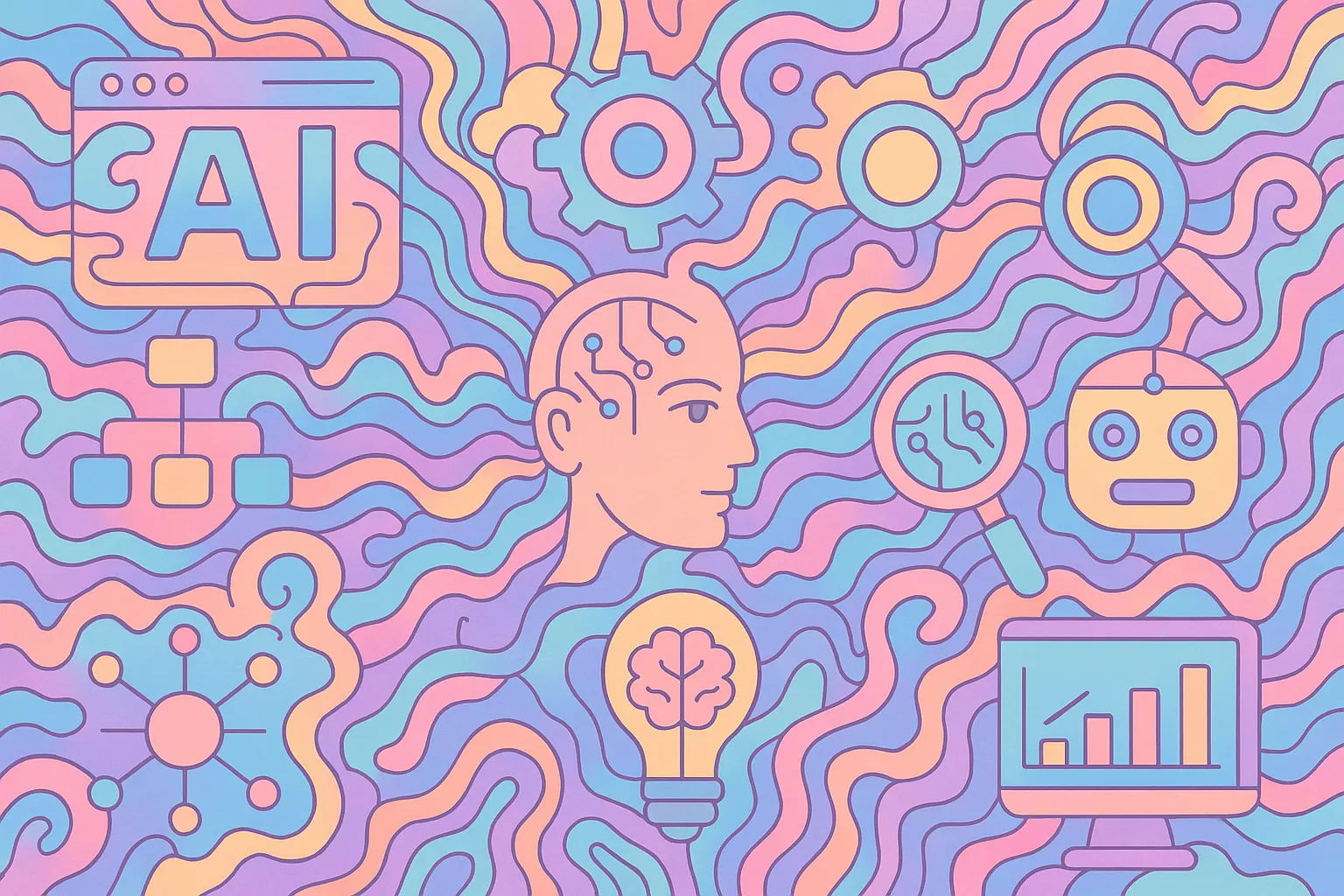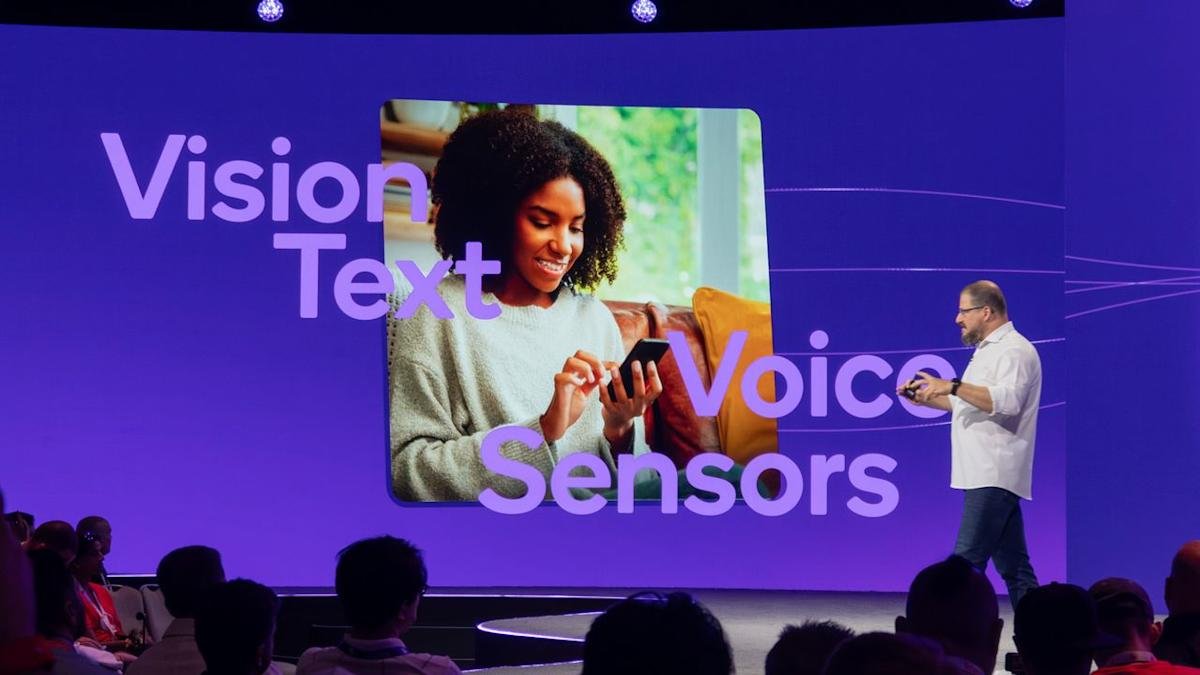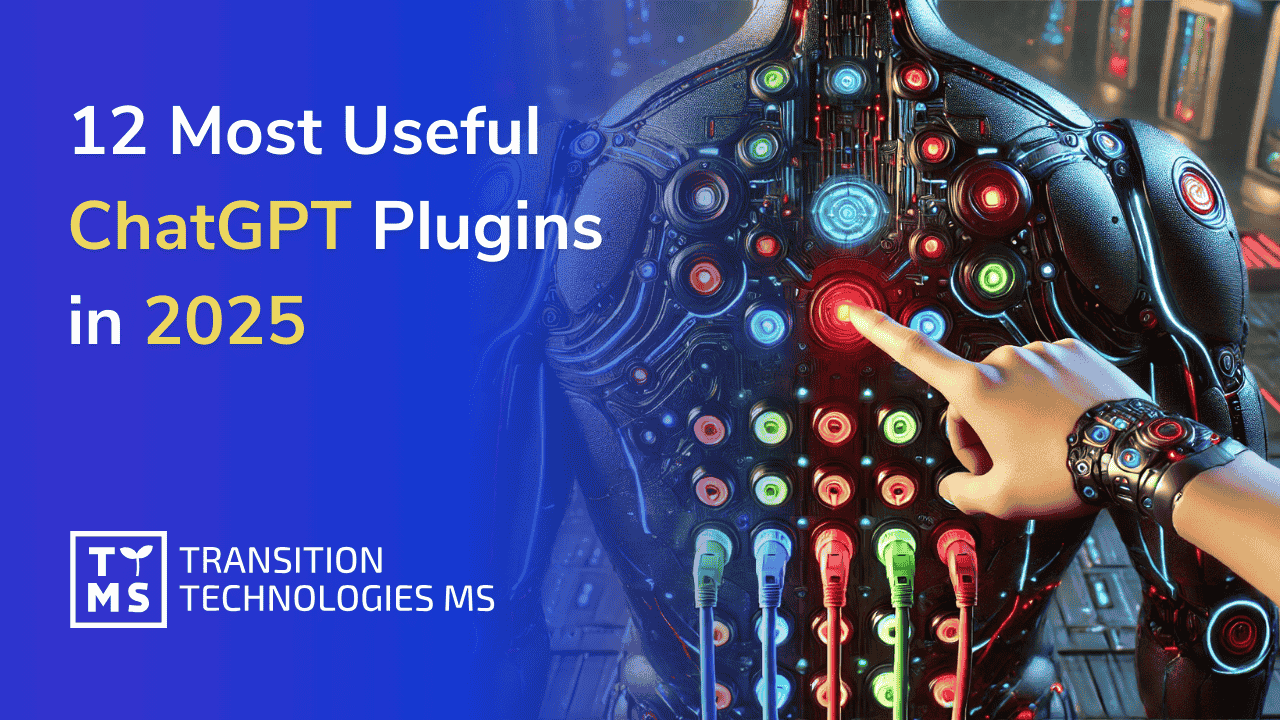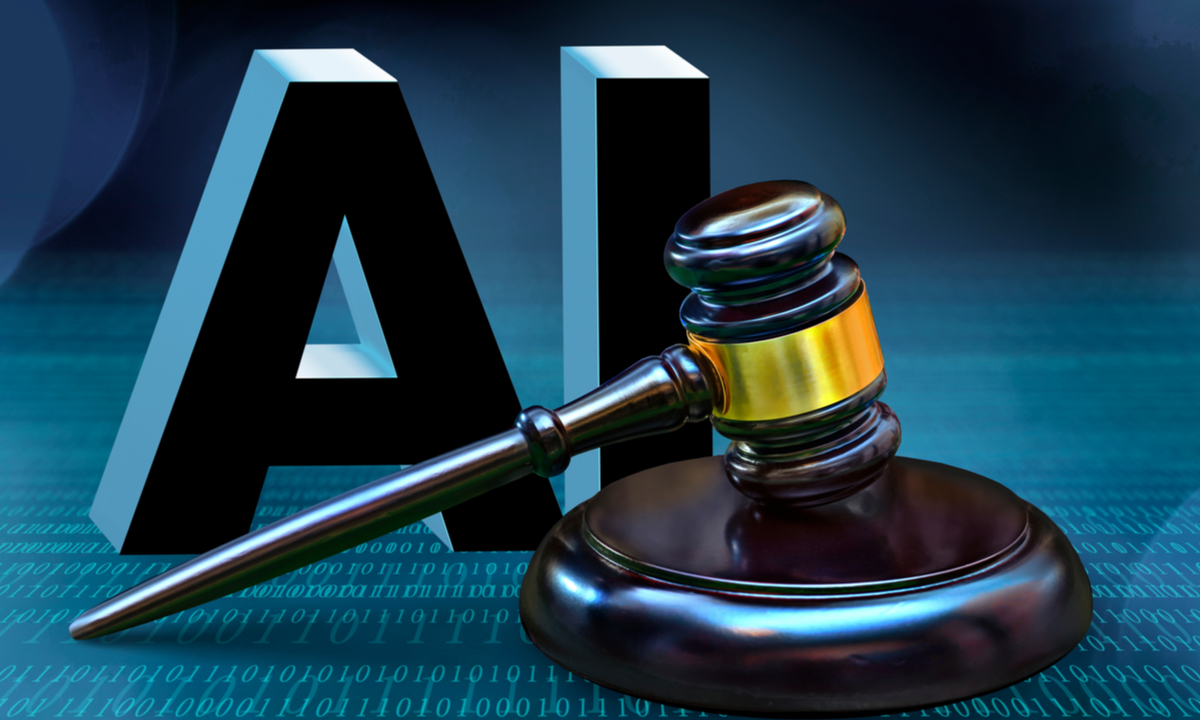The post “Which One Wins in Real AI Workloads?” dives deep into comparing leading AI hardware and software solutions under practical, high-demand scenarios. It highlights key performance metrics, energy efficiency, and scalability, providing clear insights into each contender’s strengths. By focusing on real-world applications rather than synthetic benchmarks, the article offers a nuanced view of which technologies currently lead in delivering reliable, cost-effective AI performance for diverse workloads.
ai
Top AI Tools for Creators in 2025: Essential Shortlist
The Best AI Tools for Creators in 2025 — Shortlist You Can’t Ignore As we enter 2025, AI tools for creators have transformed dramatically, enhancing creativity and efficiency.
Google’s AI Mode: A Game-Changer for Search Technology
Understanding Google’s New “AI Mode” Google’s “AI Mode” marks a significant advancement in search engine interaction by utilizing Artificial Intelligence to improve search capabilities. It employs Machine Learning,
Artificial Intelligence in Film: History, Themes, and What Comes Next
From Metropolis to Ex Machina, AI films reflect our hopes and fears. This article summarizes the history, main themes, notable films, filmmaking uses of AI, and ethical questions.
U.S. Supreme Court Case Could Redefine AI-Generated Content Copyrights
Background on AI-Generated Works AI-generated works, created by algorithms without direct human authorship, challenge traditional copyright laws that primarily recognize human creativity. Historically, copyright law protects human creators,
On-Device AI Revolution: Apple, Qualcomm, Samsung Lead
Summary The advent of on-device AI represents a significant shift in how Artificial Intelligence is integrated into consumer electronics, promising enhanced privacy, real-time processing capabilities, and reduced dependence
2025’s Best ChatGPT Plugins Boosting Productivity Power
Summary In 2025, ChatGPT plugins have emerged as pivotal tools that significantly enhance productivity across various domains. These plugins are transforming how businesses and individuals manage tasks, communicate,
Trump Officials Aiming to Halt AI Oversight Initiative Amid Concerns
Former Trump administration officials are mobilizing to block a new AI oversight initiative, citing concerns over regulatory overreach and potential harm to innovation. Their efforts highlight a clash between advancing technological oversight and preserving industry freedom. The post explores the initiative’s implications for AI development, the officials’ rationale for opposition, and the broader debate on balancing accountability with innovation in emerging technologies.
AI Regulation in 2025: How Governments Are Shaping the Future of Artificial Intelligence
**AI Regulation in 2025: Shaping the Future of Artificial Intelligence**
In the rapidly evolving landscape of artificial intelligence, governments worldwide are taking significant steps to implement regulations that will shape the future of AI technologies by 2025. This post delves into the key features of emerging AI regulations, highlighting their advantages and distinctive qualities.
**Key Features:**
– **Global Standards**: Governments are collaborating to create universal standards for AI development and deployment, ensuring consistency and safety across borders.
– **Ethical Guidelines**: Emphasis is placed on ethical considerations, focusing on transparency, accountability, and fairness in AI algorithms.
– **Data Privacy**: Stricter regulations on data usage and privacy protection aim to safeguard individuals’ rights while fostering innovation.
**Advantages:**
– **Enhanced Safety**: Regulatory measures are designed to mitigate risks associated with AI, promoting safer applications in sectors such as healthcare, finance, and transportation.
– **Boosting Public Trust**: By establishing clear guidelines, governments aim to increase public confidence in AI technologies, encouraging broader adoption.
– **Innovation Framework**: Regulations can provide a structured environment that encourages responsible innovation while preventing misuse of AI.
**Distinctive Qualities:**
– **Dynamic Regulations**: The post highlights the adaptability of regulations to keep pace with technological advancements, ensuring they remain relevant and effective.
– **Stakeholder Involvement**: The engagement of various stakeholders, including tech companies, researchers, and civil society, fosters a comprehensive approach to regulation.
– **Focus on Sustainability**: Regulations are increasingly considering the environmental impact of AI technologies, promoting sustainable practices in AI development.
This comprehensive overview outlines how governments are navigating the complexities of AI regulation to ensure a balanced approach that fosters innovation while protecting society from potential risks.
Kentucky’s Bitcoin Boom Has Gone Bust
Machine learning If you drive outside the city of Campton, population less than 400, the low industrial noise of crypto mining rises from the trees. Step closer, and









